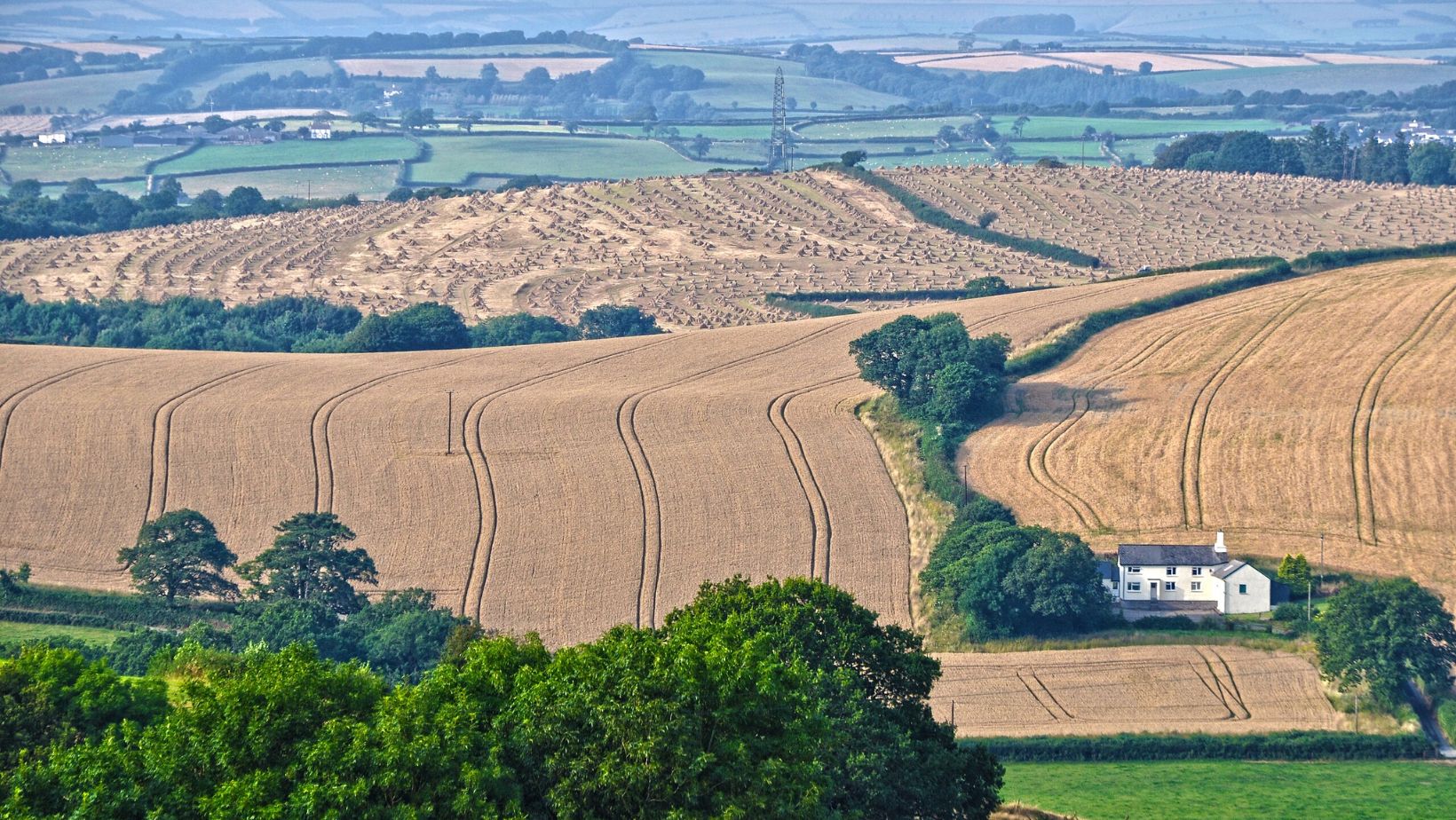| Characteristic | Description |
|---|---|
| Seasonality | Distinct four seasons with variable weather conditions |
| Summer | Warm with average highs of 20°C (68°F) |
| Winter | Cold with average lows of 2°C (36°F) |
| Rainfall | Regular throughout the year, heavier in winter |
What is the General Climate Like in Exeter?
Exeter experiences a temperate maritime climate, characterized by mild winters and warm summers. The city’s proximity to the sea ensures a relatively moderate climate with a narrow temperature range.
How Does Summer Feel in Exeter?
Summer in Exeter is typically warm and comfortable, with average high temperatures around 20°C (68°F). It is the perfect time for outdoor activities and exploring the city’s beautiful landscapes.
What Can One Expect During Winter?
Winter in Exeter is generally cold, with temperatures often dropping to around 2°C (36°F). Snowfall is rare but possible, usually occurring a few times each winter.
Is Rainfall Common in Exeter?
Yes, rainfall is quite common in Exeter. The city experiences regular rain throughout the year, with heavier precipitation in the winter months.
How Does the Weather Impact Life in Exeter?
The weather in Exeter has a significant impact on the city’s lifestyle and activities. The warm summers attract tourists, while the mild winters allow for year-round outdoor activities, albeit with appropriate attire.
How does the weather in Exeter compare to the rest of the UK?
Compared to other parts of the UK, Exeter tends to have milder winters and warmer summers. This is largely due to its location in the South West, which benefits from the warming influence of the Gulf Stream.
Are there any unique weather phenomena in Exeter?
Exeter can occasionally experience ‘Spanish plumes’ – warm, moist air originating from Spain. These can lead to significant thunderstorms and heavy rainfall.
How does the weather affect agriculture in Exeter?
The temperate climate, with its regular rainfall, makes Exeter a suitable region for agriculture, including dairy farming and crop cultivation.
What is the best time to visit Exeter?
The best time to visit Exeter is during the summer months (June to August), when the weather is warmest and there is less chance of rain.
How can one prepare for Exeter’s weather?
Preparing for Exeter’s weather involves dressing in layers to accommodate the variable conditions. It’s also advisable to carry an umbrella or raincoat due to the likelihood of rain.
Does the weather in Exeter affect local architecture?
Yes, the weather in Exeter has influenced local architecture. Many buildings, particularly older ones, are built with thick stone walls to provide insulation against the cold winters.
What is the impact of climate change on Exeter’s weather?
Climate change is predicted to cause more extreme weather events in Exeter, including heavier rainfall and potential flooding.
How does the weather influence the culture in Exeter?
The climate in Exeter has shaped the local culture in many ways, from the popularity of outdoor activities to the importance of environmental sustainability.
What are the most common weather-related challenges in Exeter?
Some of the most common weather-related challenges in Exeter include managing rainfall and potential flooding, particularly during the winter months.
For more detailed and up-to-date information about Exeter’s weather, you can visit the UK Met Office website.
